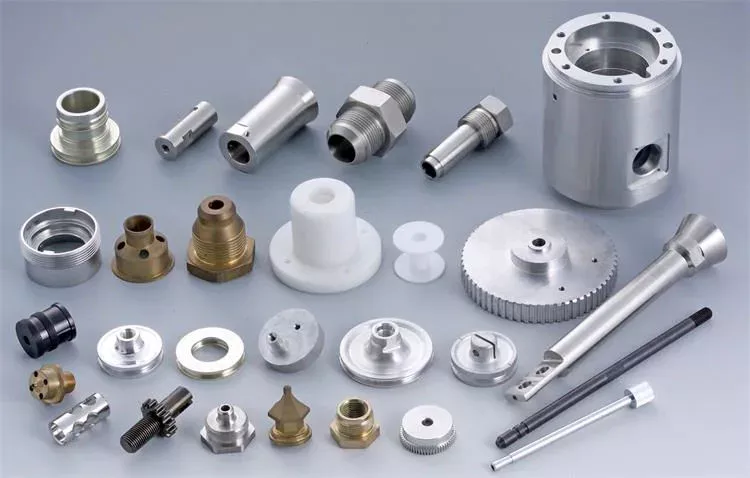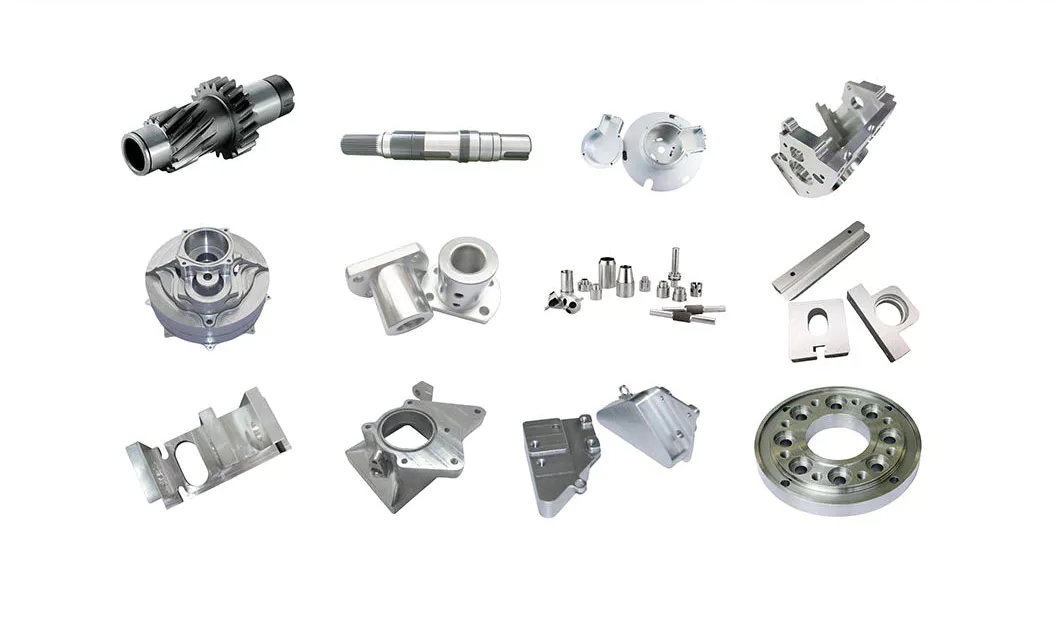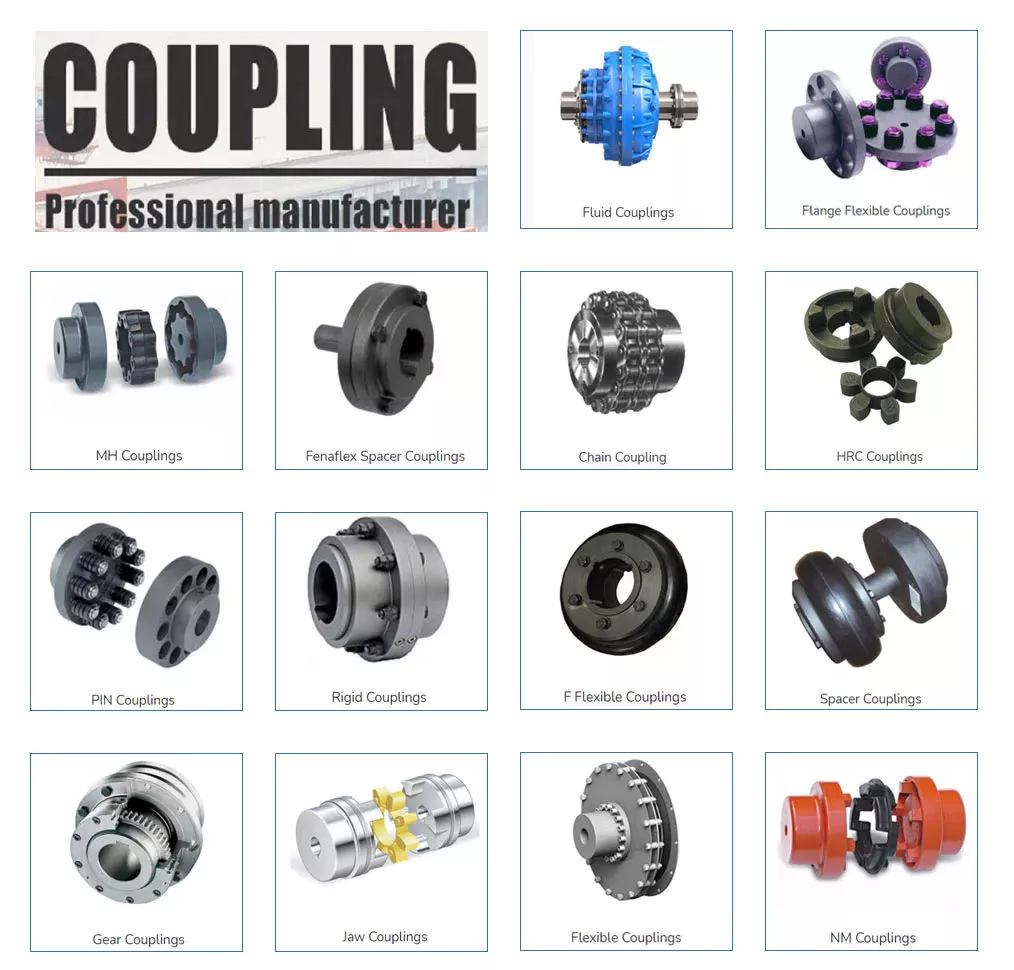Product Description
Product Description
36'' Gasoline and Electric sawmill
The main performance of RS36G&RS36E:
1) Completely assembled structure, can achieve the performance of the overall welded structure .
2) Maximum cutting thickness can reach 380mm, can directly open large materials.
3) Because of the assembled structure, it can save transportation costs .
4) The trailer and track are integrated Mechanism, easy to replace, simple and convenient.
| Model | RS36G | RS36E |
| Power | Gasoline 27HP(LONCIN, Electric start) | Electric Motor 11 KW |
| Displacement | 764cc | 400V 50HZ 3phase |
| Cutting capacity | 910x380x4800mm (36"x15"x188") | 910x380x4794mm (36"x15"x188") |
| Frame | 4pcs | 4pcs |
| Blade size | 4576x40x0.9mm (180"x1-1/2"x0.035") Carbide 208 teeth |
4576x40x0.9mm (180"x1-1/2"x0.035") Carbide 208 teeth |
| Standard track size | 6000x1571mm (236"x40") | 6000x1571mm (236"x40") |
| Safe cutting Speed | 20-30s/m | 20-30s/m |
| Distance teeth | 22mm (0.86") | 22mm (0.86") |
| Blade Wheel Dia. | 508mm (20") | 508mm (20") |
| Blade auto lube system | Yes | No |
| Adjustable blade guide | Yes | Yes |
| Quick lock log clamp | Yes | Yes |
| Packing | 2080x750x1050mm | 2080x750x950mm |
| Weight | 722/782kg | 761/821kg |
| 20"/40" Container | 16/34pcs | 16/34pcs |
6m wheel trailer
| RST6-36 Trailer essential parts | |
| Trailer axle | 50x50x2pcs |
| Trailer wheels with fenders | 4pcs-195/60R14 |
| Trailer lights | LED light kit |
| Trailer leveling jacks | 6pcs |
| Log loading ramp | 2pcs |
| Trailer ball coupler | 2" (50mm) |
| Finish | Powder coat |
| Manual winch | 1800lb |
| Packing | 2080x500x650mm |
| Weight(Trailer essential parts) | 160/190kg |
| Weight(Trailer essential parts+6m track) | 560kg |
Packing
Bulk order for different dealer
Company information
RIMA is established in 2009,located in Xibeiyu Industry Zone,HangZhou,ZheJiang ,China.
With its strong technique power,complete set of manufacture equipments and experimental devices,advanced CAD R&D means, the company has complete production capaicty from cutting,profiling,welding,maching,paiting to packing.
RIMA has aleady manufactured a full range of high quality implements for the small to medium-sized tractor owners across the world,Such as Front End loader, Backhoe, Mower, rotary tiller, Wood Chipper, Log Splitter, Post Hole Diggers. more than 50 serials and more than 150 models of various implements.
Our service
1.Warranty time:14months,longer than any other Chinese suppliers.
2.With CE CERTIFICATES.
3.All of your ordered machines will be tested to ensure the quality before shipment.
4.We will provide you with the test reports together with the container or sample packages.
5.Even the packages,all of them are guaranteed for customs check or inspections.
Factory&processing
FAQ
1 Are you factory or trading company?We have our own factory, mainly manufacture Forestry & Farm Machinery, using "Self-produced |
2 What's your company advantages?As the leading manufacturer of forest machines, we have exported to European market for more than 10 years, familiar with forest and farm market and can recommend to clients right products. |
3 Can we buy 1 sample?Yes, 1 sample order is welcome. However, we need to add sample fee to the price and will return it back to you after receiving your large order in future. |
4 What's your delivery time?After receiving your payment, we start to produce your order. It usually takes about 15-45 days depending on the products you order. |
5 How do you control your quality?To guarantee high quality and efficient management, our whole manufacturing processes are under a very serious and strict system, and we have passed ISO9001 quality management system certificate. All of our products are 100% inspected before shipment. |
6 Why choose Rima?A. Very competitive advantage products! |
7 What's your product warranty?The warranty time of the machine is 1 year. During this period, we will send you the replacement for the broken part(not man made). |
8 What's your company mainly exporting market?We mainly export to European, North American, Australia, English and Southeast Asia Market. Because of good quality and service, we have establish good and long business relations with many clients. Welcome clients from all over the world to visit our factory. |
9 If I need different measurements or weight, could you offer OEM service?Sure, we can provide OEM service, also we can make new CZPT for your product, attaching your name brand. |
Contact us
Applications of Spline Couplings
A spline coupling is a highly effective means of connecting 2 or more components. These types of couplings are very efficient, as they combine linear motion with rotation, and their efficiency makes them a desirable choice in numerous applications. Read on to learn more about the main characteristics and applications of spline couplings. You will also be able to determine the predicted operation and wear. You can easily design your own couplings by following the steps outlined below.
Optimal design
The spline coupling plays an important role in transmitting torque. It consists of a hub and a shaft with splines that are in surface contact without relative motion. Because they are connected, their angular velocity is the same. The splines can be designed with any profile that minimizes friction. Because they are in contact with each other, the load is not evenly distributed, concentrating on a small area, which can deform the hub surface.
Optimal spline coupling design takes into account several factors, including weight, material characteristics, and performance requirements. In the aeronautics industry, weight is an important design factor. S.A.E. and ANSI tables do not account for weight when calculating the performance requirements of spline couplings. Another critical factor is space. Spline couplings may need to fit in tight spaces, or they may be subject to other configuration constraints.
Optimal design of spline couplers may be characterized by an odd number of teeth. However, this is not always the case. If the external spline's outer diameter exceeds a certain threshold, the optimal spline coupling model may not be an optimal choice for this application. To optimize a spline coupling for a specific application, the user may need to consider the sizing method that is most appropriate for their application.
Once a design is generated, the next step is to test the resulting spline coupling. The system must check for any design constraints and validate that it can be produced using modern manufacturing techniques. The resulting spline coupling model is then exported to an optimisation tool for further analysis. The method enables a designer to easily manipulate the design of a spline coupling and reduce its weight.
The spline coupling model 20 includes the major structural features of a spline coupling. A product model software program 10 stores default values for each of the spline coupling's specifications. The resulting spline model is then calculated in accordance with the algorithm used in the present invention. The software allows the designer to enter the spline coupling's radii, thickness, and orientation.
Characteristics
An important aspect of aero-engine splines is the load distribution among the teeth. The researchers have performed experimental tests and have analyzed the effect of lubrication conditions on the coupling behavior. Then, they devised a theoretical model using a Ruiz parameter to simulate the actual working conditions of spline couplings. This model explains the wear damage caused by the spline couplings by considering the influence of friction, misalignment, and other conditions that are relevant to the splines' performance.
In order to design a spline coupling, the user first inputs the design criteria for sizing load carrying sections, including the external spline 40 of the spline coupling model 30. Then, the user specifies torque margin performance requirement specifications, such as the yield limit, plastic buckling, and creep buckling. The software program then automatically calculates the size and configuration of the load carrying sections and the shaft. These specifications are then entered into the model software program 10 as specification values.
Various spline coupling configuration specifications are input on the GUI screen 80. The software program 10 then generates a spline coupling model by storing default values for the various specifications. The user then can manipulate the spline coupling model by modifying its various specifications. The final result will be a computer-aided design that enables designers to optimize spline couplings based on their performance and design specifications.
The spline coupling model software program continually evaluates the validity of spline coupling models for a particular application. For example, if a user enters a data value signal corresponding to a parameter signal, the software compares the value of the signal entered to the corresponding value in the knowledge base. If the values are outside the specifications, a warning message is displayed. Once this comparison is completed, the spline coupling model software program outputs a report with the results.
Various spline coupling design factors include weight, material properties, and performance requirements. Weight is 1 of the most important design factors, particularly in the aeronautics field. ANSI and S.A.E. tables do not consider these factors when calculating the load characteristics of spline couplings. Other design requirements may also restrict the configuration of a spline coupling.
Applications
Spline couplings are a type of mechanical joint that connects 2 rotating shafts. Its 2 parts engage teeth that transfer load. Although splines are commonly over-dimensioned, they are still prone to fatigue and static behavior. These properties also make them prone to wear and tear. Therefore, proper design and selection are vital to minimize wear and tear on splines. There are many applications of spline couplings.
A key design is based on the size of the shaft being joined. This allows for the proper spacing of the keys. A novel method of hobbing allows for the formation of tapered bases without interference, and the root of the keys is concentric with the axis. These features enable for high production rates. Various applications of spline couplings can be found in various industries. To learn more, read on.
FE based methodology can predict the wear rate of spline couplings by including the evolution of the coefficient of friction. This method can predict fretting wear from simple round-on-flat geometry, and has been calibrated with experimental data. The predicted wear rate is reasonable compared to the experimental data. Friction evolution in spline couplings depends on the spline geometry. It is also crucial to consider the lubrication condition of the splines.
Using a spline coupling reduces backlash and ensures proper alignment of mated components. The shaft's splined tooth form transfers rotation from the splined shaft to the internal splined member, which may be a gear or other rotary device. A spline coupling's root strength and torque requirements determine the type of spline coupling that should be used.
The spline root is usually flat and has a crown on 1 side. The crowned spline has a symmetrical crown at the centerline of the face-width of the spline. As the spline length decreases toward the ends, the teeth are becoming thinner. The tooth diameter is measured in pitch. This means that the male spline has a flat root and a crowned spline.
Predictability
Spindle couplings are used in rotating machinery to connect 2 shafts. They are composed of 2 parts with teeth that engage each other and transfer load. Spline couplings are commonly over-dimensioned and are prone to static and fatigue behavior. Wear phenomena are also a common problem with splines. To address these issues, it is essential to understand the behavior and predictability of these couplings.
Dynamic behavior of spline-rotor couplings is often unclear, particularly if the system is not integrated with the rotor. For example, when a misalignment is not present, the main response frequency is 1 X-rotating speed. As the misalignment increases, the system starts to vibrate in complex ways. Furthermore, as the shaft orbits depart from the origin, the magnitudes of all the frequencies increase. Thus, research results are useful in determining proper design and troubleshooting of rotor systems.
The model of misaligned spline couplings can be obtained by analyzing the stress-compression relationships between 2 spline pairs. The meshing force model of splines is a function of the system mass, transmitting torque, and dynamic vibration displacement. This model holds when the dynamic vibration displacement is small. Besides, the CZPT stepping integration method is stable and has high efficiency.
The slip distributions are a function of the state of lubrication, coefficient of friction, and loading cycles. The predicted wear depths are well within the range of measured values. These predictions are based on the slip distributions. The methodology predicts increased wear under lightly lubricated conditions, but not under added lubrication. The lubrication condition and coefficient of friction are the key factors determining the wear behavior of splines.

